“That obesity rates are nearly doubling by the time children leave primary school is frankly terrifying”, writes George Heler in the letters page of this week’s Grocer. The Eatlean founder expressed his concerns over the delay of the government’s National Food Strategy white paper – a document he describes as a “crucial opportunity for intervention and change”.
Heler’s not alone in his frustration. Industry players and health campaigners have been champing at the bit to scrutinise and critique the paper, which was quietly pushed back by government last month.
The delay in its publication is particularly bemusing given the key role a national food strategy would play in ensuring “everyone can access, understand and enjoy the benefits of a healthy and sustainable diet” – part of the “Levelling Up the United Kingdom’ initiative unveiled yesterday by Michael Gove.
As part of the plan, the FSA is set to embark on a joint project with the Department of Education that will see local authorities checking school lunches in England are complying with national standards.
The pilot has been welcomed by FSA chair Susan Jebb, who noted “the food children eat in schools makes an important contribution to their health and wellbeing”.
Indeed, as Heler notes in his letter, the National Child Measurement Programme warned in November that “the prevalence of children living with obesity doubles from around 10% of children at the start of primary school to around 20% at the end of primary school”.
But improving health equality requires action beyond the school gates. “Obesity has got worse during lockdown”, according to one Whitehall source speaking to The Guardian, who warned “many of our most deprived children are carrying a lockdown legacy around their waists”.
Tackling unhealthy eating in the home is a far more complex business, particularly against a backdrop of rampant inflation, which is threatning to make fruit, veg and other healthy staples unaffordable for low-income families.
Ensuring both diets and the food sector remain healthy and sustainable in the face of rising costs will require the kind of joined-up approach only a national food strategy can deliver.
There are at least some encouraging signs the government is eyeing a more collaborative approach to public health with the food sector. But the ongoing lack of clarity around incoming HFSS legislation means ministers are now considering a year-long delay to its proposed ban on “junk food” advertising, The Grocer revealed today.
That’s bound to alarm health campaigners. As Heler points out, the next six months present a “critical junction” for the health of our children.
Still, it’s encouraging to see Tesco and Sainsbury’s are already working to normalise aisle ends and bays with healthier and reduced-calorie options across a variety of categories. Supermarkets, like schools, have a key role to play in ‘levelling up’ health. With or without the government’s support.
It’s also a logical move. Because with kids set to get education on cooking under Gove’s new agenda, healthy options are – hopefully – going to be top of the next generation of shopping lists.
But it will come at a cost. According to estimates, the government’s proposed changes to rules on in-store and online HFSS promotions, which are expected to result in the biggest changes to supermarket layouts in over 40 years, will set the sector back £3bn.
With so much at stake, The Grocer will next month hold a conference bringing together experts in policy, compliance and execution to discuss the new HFSS rules, their execution and their impact.
With such radical changes ahead, the whole world will be watching the UK’s health and obesity plans. It’s important to make sure we get it right.








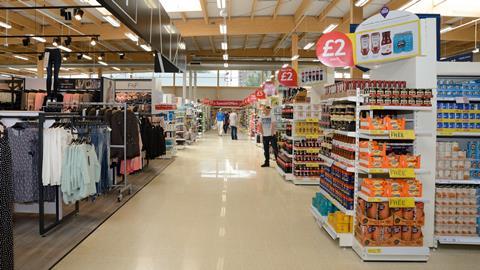




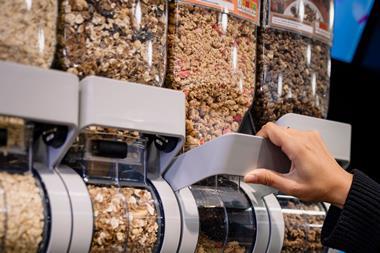

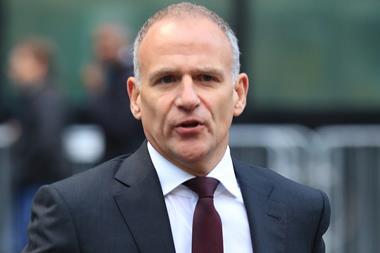
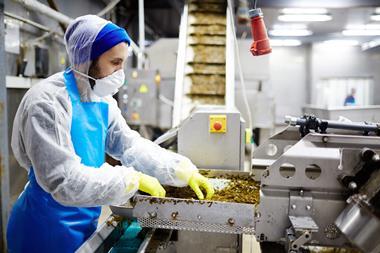
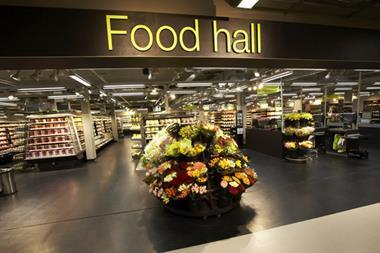





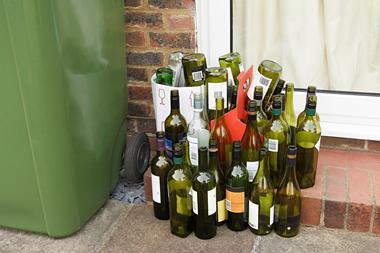

No comments yet